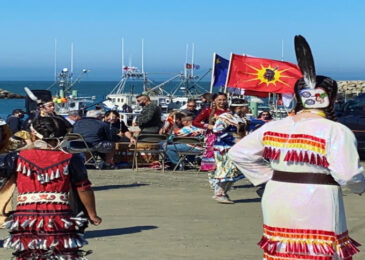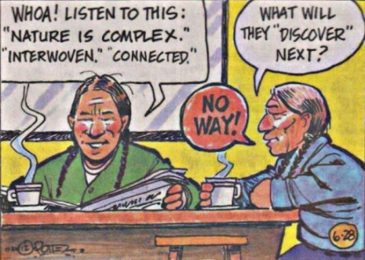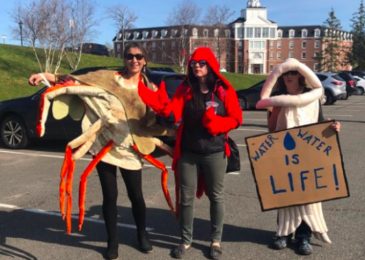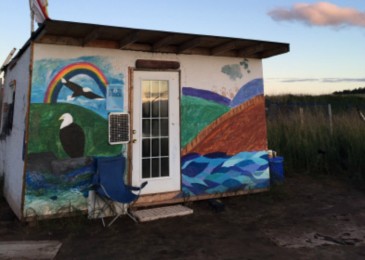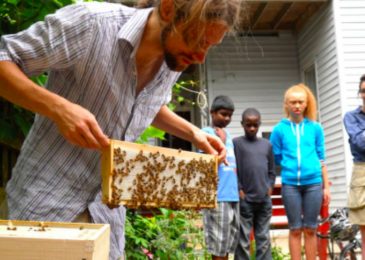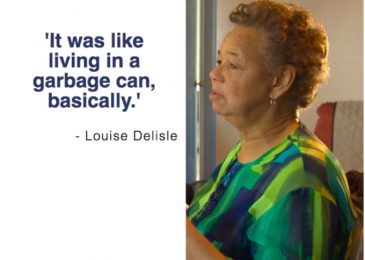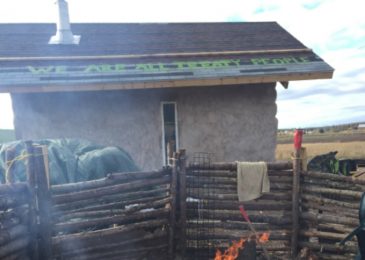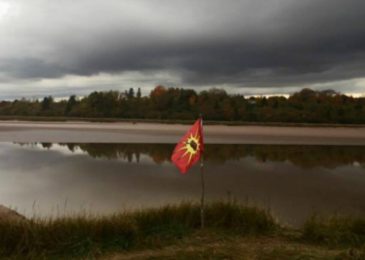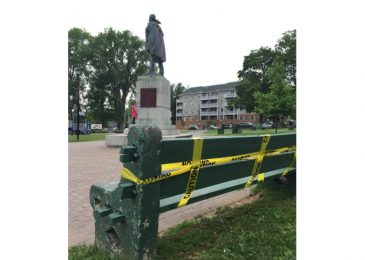Sadie Beaton: Staying with the trouble – Some thoughts on white supremacy, entanglement and the Mi’kmaq right to fish
Sadie Beaton: I’ve been struck lately by one of white supremacy’s more insidious mechanisms- the illusion of disentanglement. How whiteness allows some of us to opt out of the recognition that we are fully enmeshed in and with this world. It’s a dangerous kind of privilege for those of us who benefit (on the surface), as Ross Gay describes, to ”pretend the possibility of disentanglement.” This pretending, it seems to me, is the very opposite of Peace and Friendship.

